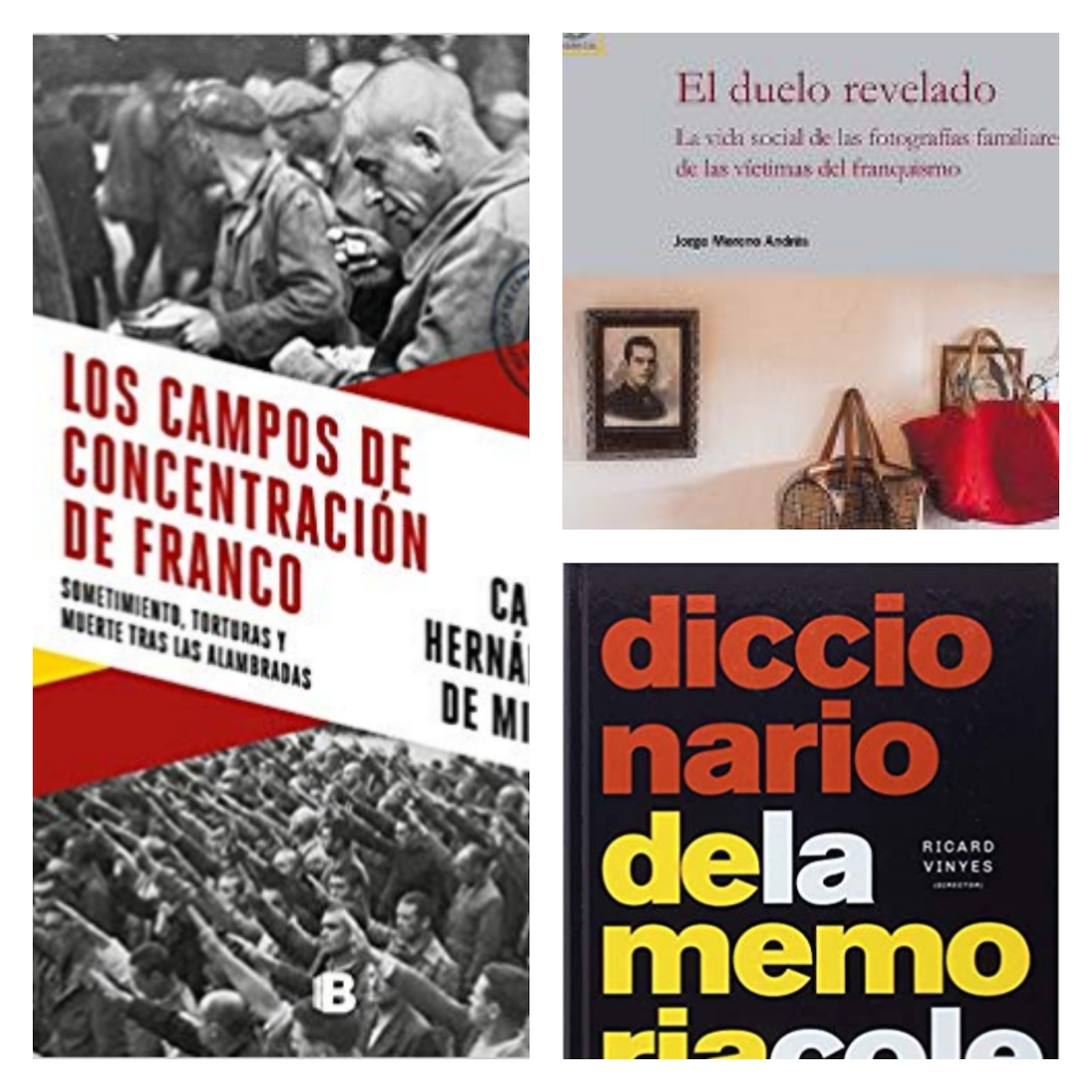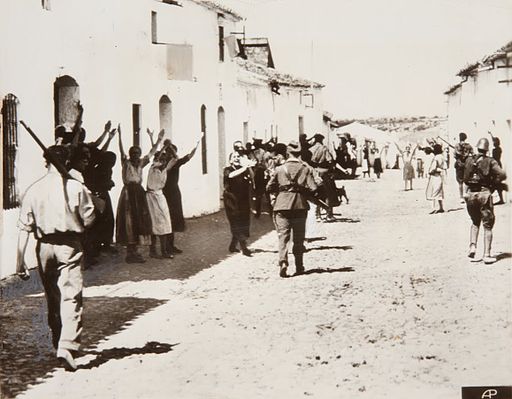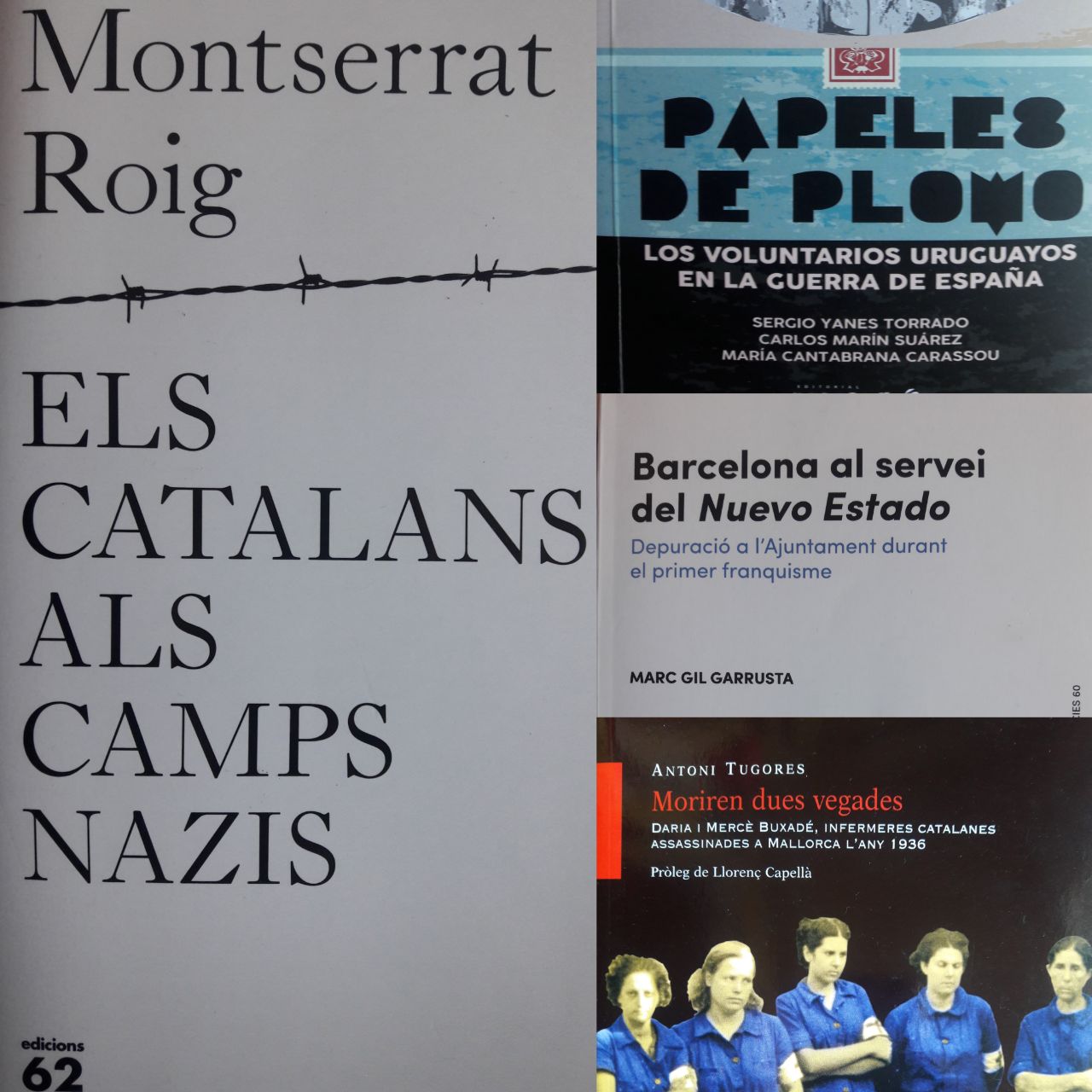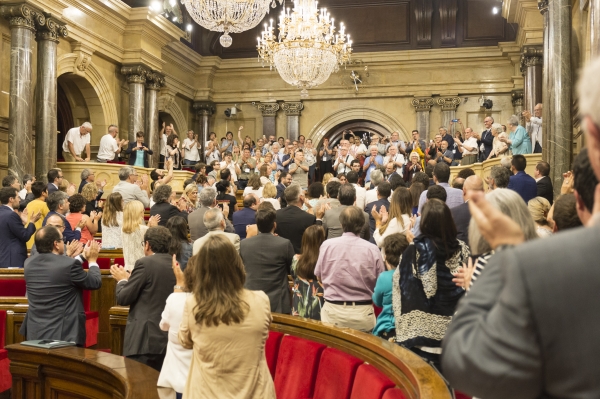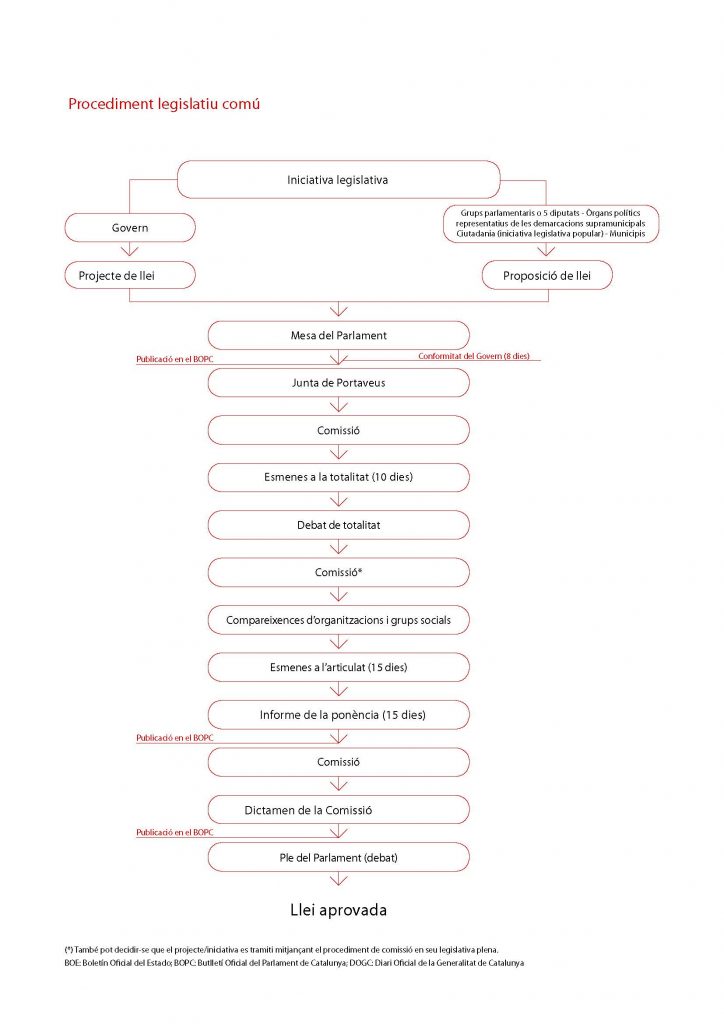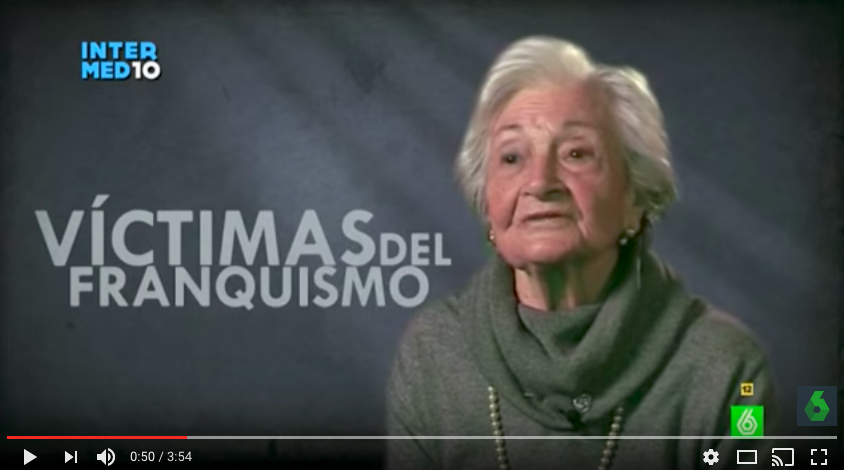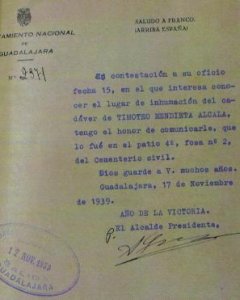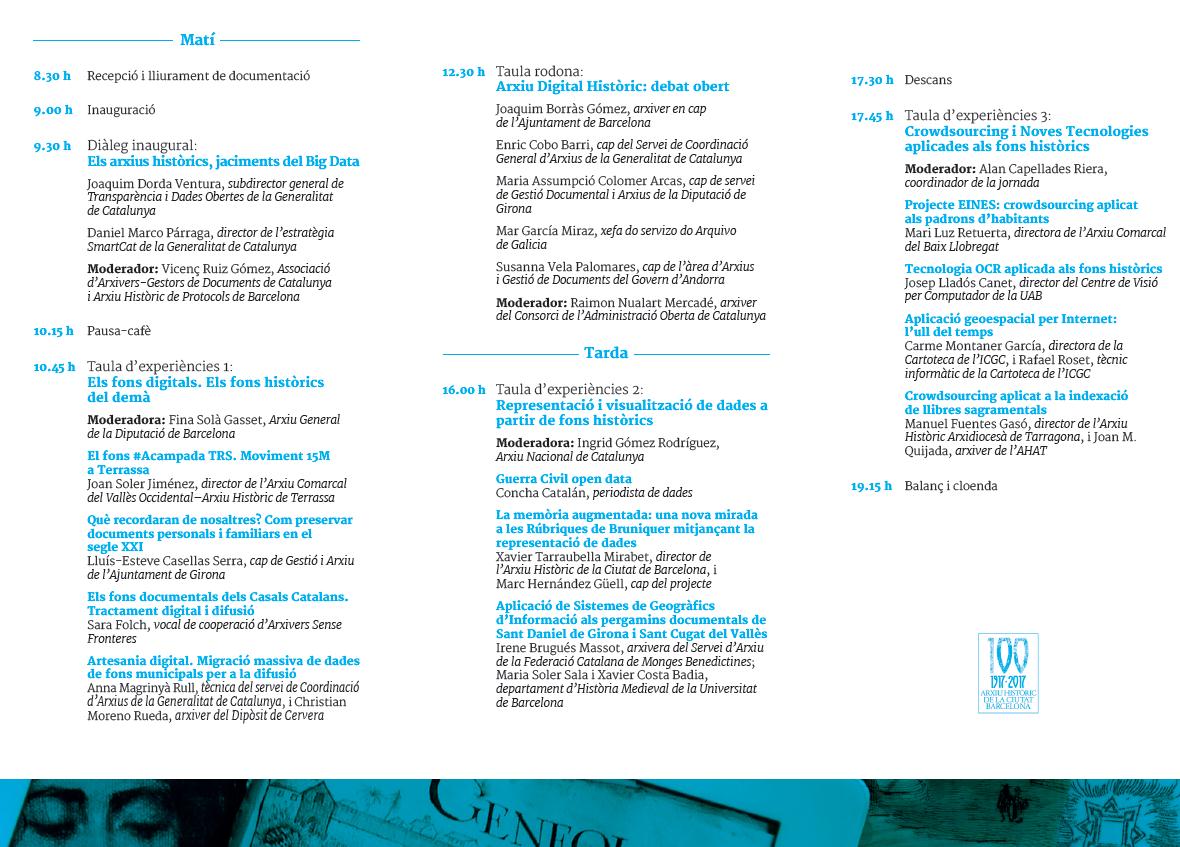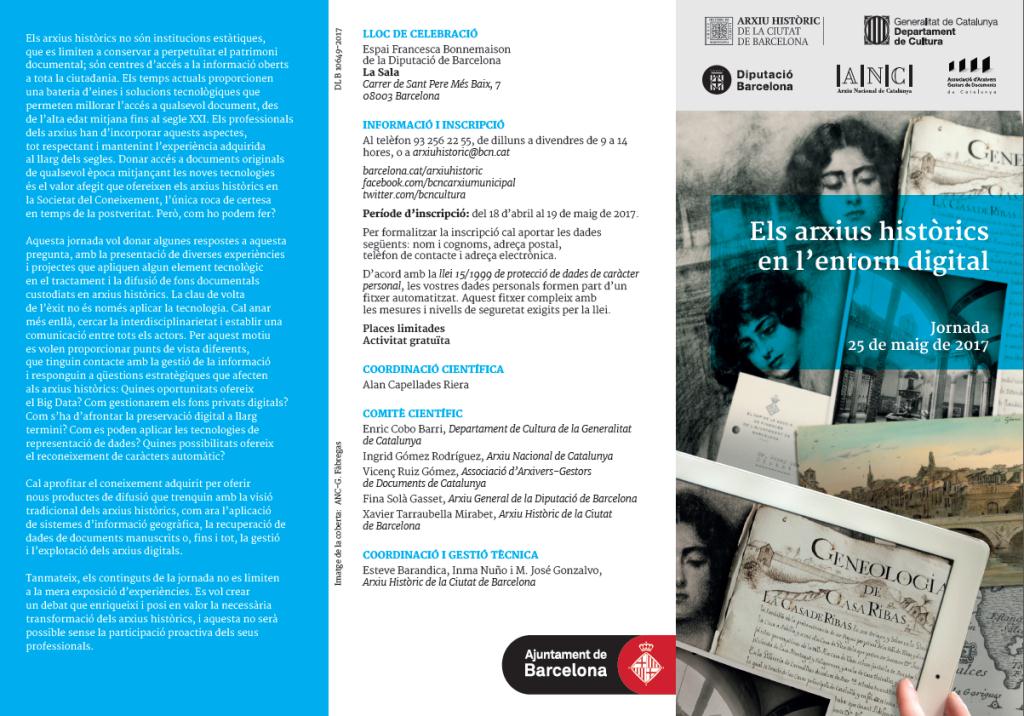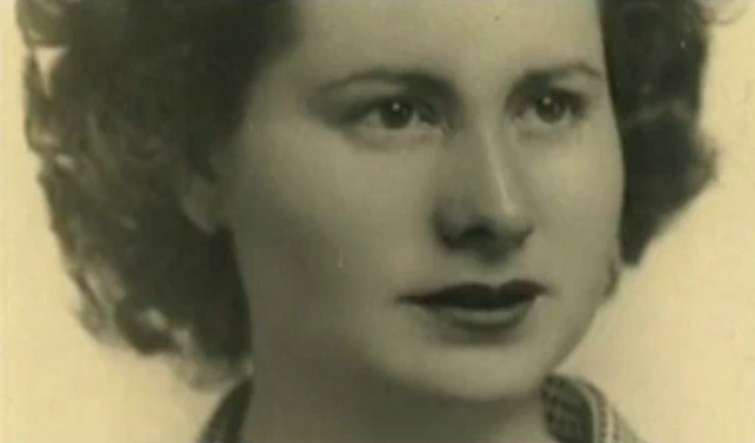The Working Group on Forced or Involuntary Disappearances of the United Nations High Commission for Human Rights has published a devastating report on Spain, which, in the space of 144 pages, denounces the failure to comply with the recommendations which it made in its report to the Spanish government in 2014. The most regrettable aspect of this is that this has gone largely unreported by most of the Spanish media.
Innovation and Human Rights contributed to this report. The full report may be consulted here. The section which deals specifically with Spain begins on page 120. Our contributions appear on pages 170, 172, 177, 181, 203, 209 and 211. Below we have reproduced some sections in Spanish.
Especialmente preocupante resulta el constatar que la mayoría de las recomendaciones fundamentales para que los familiares de personas desaparecidas durante la Guerra Civil y la dictadura puedan investigar la suerte y el paradero de sus seres queridos, tener acceso a la verdad, a la justicia y a reparaciones no han sido plenamente implementadas, y que hasta la fecha los familiares están librados a su propia suerte. Estas observaciones resultan aún más alarmantes dado el transcurso del tiempo desde que la mayor parte de las desapariciones forzadas comenzaron a ejecutarse y la edad muy avanzada de muchos testigos y familiares. Hasta la fecha el Estado español no ha actuado con la debida urgencia y celeridad en materia de desapariciones forzadas ni ha asumido un rol de liderazgo para asegurar una política de Estado en este tema como se había recomendado en el informe de visita. [punto 33]
El Grupo de Trabajo vuelve a insistir en la importancia de que el Estado tome un rol activo en materia de exhumación y procesos de identificación de los restos para que éstos no dependan exclusivamente de algunas comunidades autónomas, así como de particulares o asociaciones privadas. [punto 38]
El Grupo de Trabajo lamenta la respuesta del Gobierno que entendería la creación de una Comisión de la verdad como una nvestigación histórica. El Grupo de Trabajo, en su comentario general sobre el derecho a la verdad en relación con las desapariciones forzadas, señaló que este derecho se refiere “al derecho a conocer los progresos y resultados de una investigación, la suerte y el paradero de las personas desaparecidas y las circunstancias de la desaparición, así como la identidad del autor o los autores de la desaparición” (A/HRC/16/48, párr. 39). Las familias de los desaparecidos en España quieren conocer la verdad sobre la suerte o el paradero de sus seres queridos. Este es un derecho absoluto de acuerdo a la Declaración y una obligación que el Estado español debería satisfacer de acuerdo al derecho internacional. [punto 41]
El Grupo de Trabajo lamenta igualmente la falta de información proveída sobre la recomendación de promover que las asociaciones de víctimas faciliten la recolección de muestras de los familiares por parte del Banco Nacional de ADN y recuerda la centralidad de éstas para la elaboración de bases de datos que sean eficaces en la búsqueda de los desaparecidos, en particular en contextos de desapariciones masivas. [punto 42]
El Grupo de Trabajo permanece preocupado frente a la falta de información suministrada luego del informe acerca de la promulgación de una ley de acceso a la información y de un marco legislativo apropiado sobre archivos para garantizar el acceso público a los mismos. En efecto, entonces se había alertado que los obstáculos presentes en el acceso a la información y a los archivos constituyen un verdadero problema para las víctimas en el proceso de obtención de la verdad. [punto 43]
El Grupo de Trabajo sigue consternado por el hecho de que hasta la fecha no se haya velado por garantizar el ejercicio de la jurisdicción de los tribunales españoles sobre los delitos de desaparición forzada ocurridos durante la Guerra Civil y la dictadura. Se observa
con preocupación la permanencia de un patrón de impunidad basado en una serie de factores y argumentos contrarios a los principios que emergen de las obligaciones internacionales de España, incluida la Declaración para la protección de todas las personas contra las desapariciones forzadas. [punto 44]
Considerando los impedimentos para llevar a la justicia casos de desapariciones forzadas cometidos durante la Guerra Civil y el franquismo en España, el Grupo de Trabajo permanece preocupado por la información sobre constantes obstrucciones al procedimiento judicial excepcional llevado a cabo por la justicia argentina (Juzgado Nacional en lo Criminal y Correccional Federal nº1 de la República Argentina). La apertura reciente de una investigación en México por un caso de desaparición forzada cometido en España durante el franquismo representa otra oportunidad para que España preste y fortalezca el auxilio judicial, incluyendo el suministro de todas las pruebas que obren en su poder, en lo que respecta a cualquier procedimiento penal relativo a delitos de desaparición forzada que se lleve a cabo en cualquier país por casos de desapariciones forzadas en España. [punto 45]
Igualmente, la Asociación Española para el Derecho Internacional de los Derechos Humanos (AEDIDH) destaca:
El Gobierno español rechaza asumir sus obligaciones internacionales en materia de búsqueda de personas desaparecidas, incluso cuando media denuncia de familiares de la víctima. Los familiares cuentan únicamente con la solidaridad de las asociaciones para la recuperación de la memoria histórica, que funcionan con los recursos de los propios familiares, ya que no reciben ningún apoyo estatal en la búsqueda de personas desaparecidas. Estimamos que hay 150.000 personas desaparecidas durante la guerra civil y posterior represión franquista (incluidos 30.000 bebés o menores cuya identidad fue alterada y que fueron vendidos o dados en adopción a familias adictas al régimen franquista, para proceder a su reeducación). Excepcionalmente las familiares de las victimas reciben apoyo de instituciones locales y regionales (ayuntamientos, gobiernos de Comunidades autónomas) que no esté controladas por el Partido Popular. Ej.: ciudades como Madrid, Barcelona, Vitoria, Valencia. Y Comunidades autónomas como País Vasco, Navarra, Cataluña y Andalucía.)
Y así lo explica también en el artículo La ONU censura a España por no cumplir con sus recomendaciones en materia de desapariciones forzadas
La cifra de 114.226 víctimas proviene de la Asociación para la Recuperación de la Memoria Histórica (ARMH), que en el informe dice:
“Desde el año 2011, concretamente, en la Orden PRE/809/2011, de 4 de abril de 2011, el Gobierno Español no ha destinado partida presupuestaria alguna para actividades relacionadas con la recuperación de la Memoria Histórica y por ende a la búsqueda de personas desaparecidas durante la dictadura franquista.”
También participa Marc Antoni Malagarriga, uno de los impulsores del Banco de ADN en Catalunya para que familiares de víctimas de desaparición forzada puedan depositar muestras que faciliten la identificación de restos encontrados en fosas, creado en 2011 y ahora cedido a la Generalitat. Podéis consultar este post para saber más. En este informe del Grupo de Trabajo sobre desapariciones forzadas o involuntarias del Alto Comisionado de las Naciones Unidas por los Derechos Humanos, Malagarriga denuncia:
“La principal prueba que demuestra la dejadez en la prioridad y urgencia de identificar a los desaparecidos, consiste en ver que las muestras de los donantes genéticos del Banco de ADN en Catalunya (en junio de 2011 se tomaron las primeras muestras), no han sido utilizadas aún para ningún cotejo de datos con los restos ya exhumados en este territorio. Hay un mínimo de 150 cuerpos de víctimas exhumadas que tendrían que ser comparadas exhaustivamente con las más de 500 muestras que ahora mismo ya existen sumando los dos bancos públicos catalanes (UB+VHIR). Nótese que más del 90% de las familias de los desaparecidos de este territorio, no sabemos por donde debemos empezar a buscar.”
Foto Exhumación de la ARMH by FCPB CC BY-SA 4.0-3.0-2.5-2.0-1.0 via Wikimedia Commons
